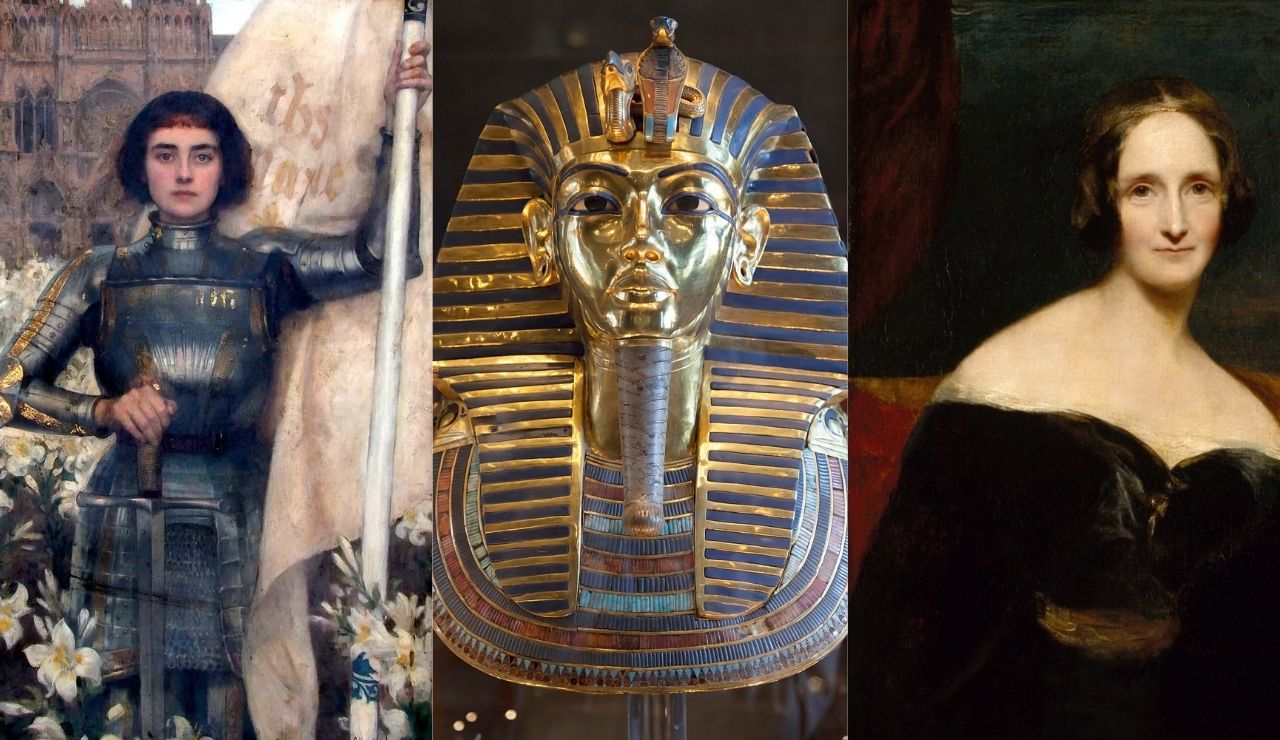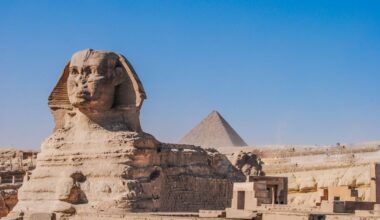The path to leadership often begins earlier than people expect. Many influential figures made bold moves in their teenage years that changed the course of history. Whether through activism, invention, or daring leadership, they showed that determination and vision are not limited by age. These stories reveal how ambition in youth can influence the world for decades to come.
1. Joan Of Arc Led French Forces At Seventeen
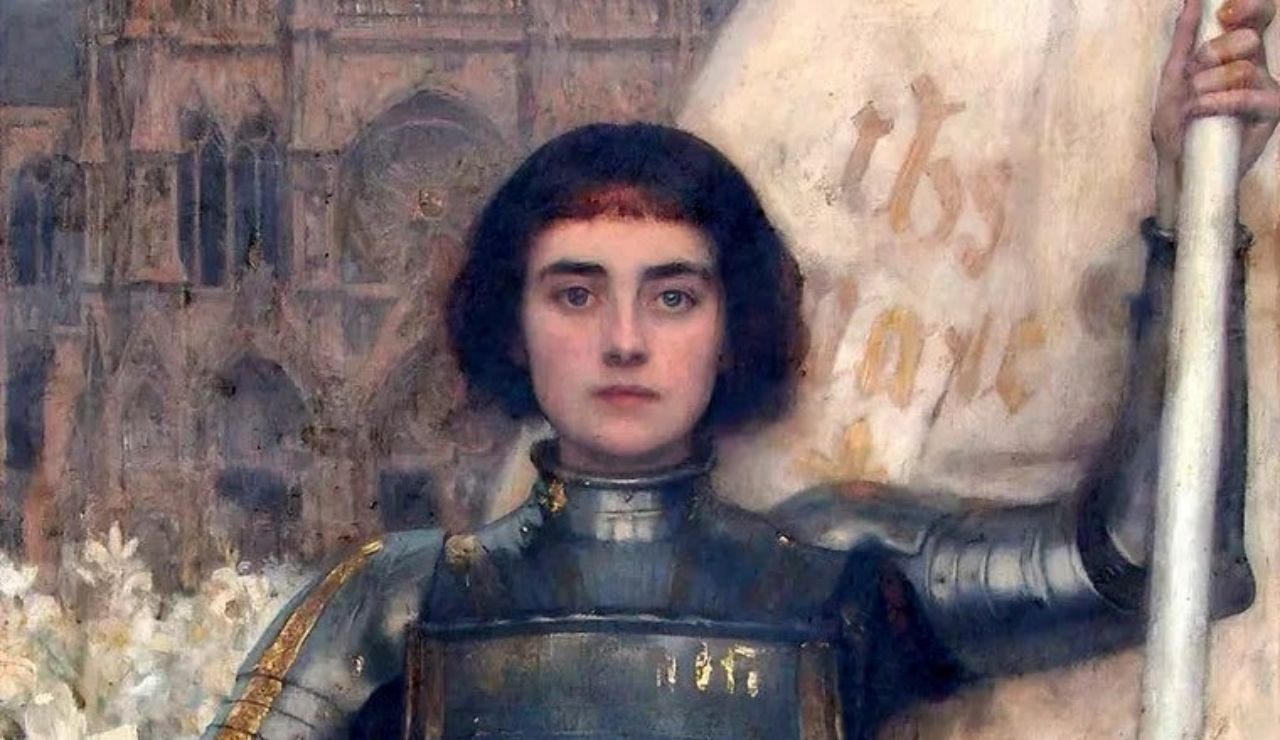
In 1429, Joan of Arc, at only seventeen, convinced the French crown to grant her command during the Hundred Years’ War. Wearing armor and carrying her banner, she boosted morale and inspired disciplined fighting. Her leadership at Orléans ended an English siege in just nine days. By rallying a weary army to victory, she proved that courage and conviction could reshape the course of a war, even in the hands of a teenager.
2. Alexander The Great Began Commanding Armies At Sixteen
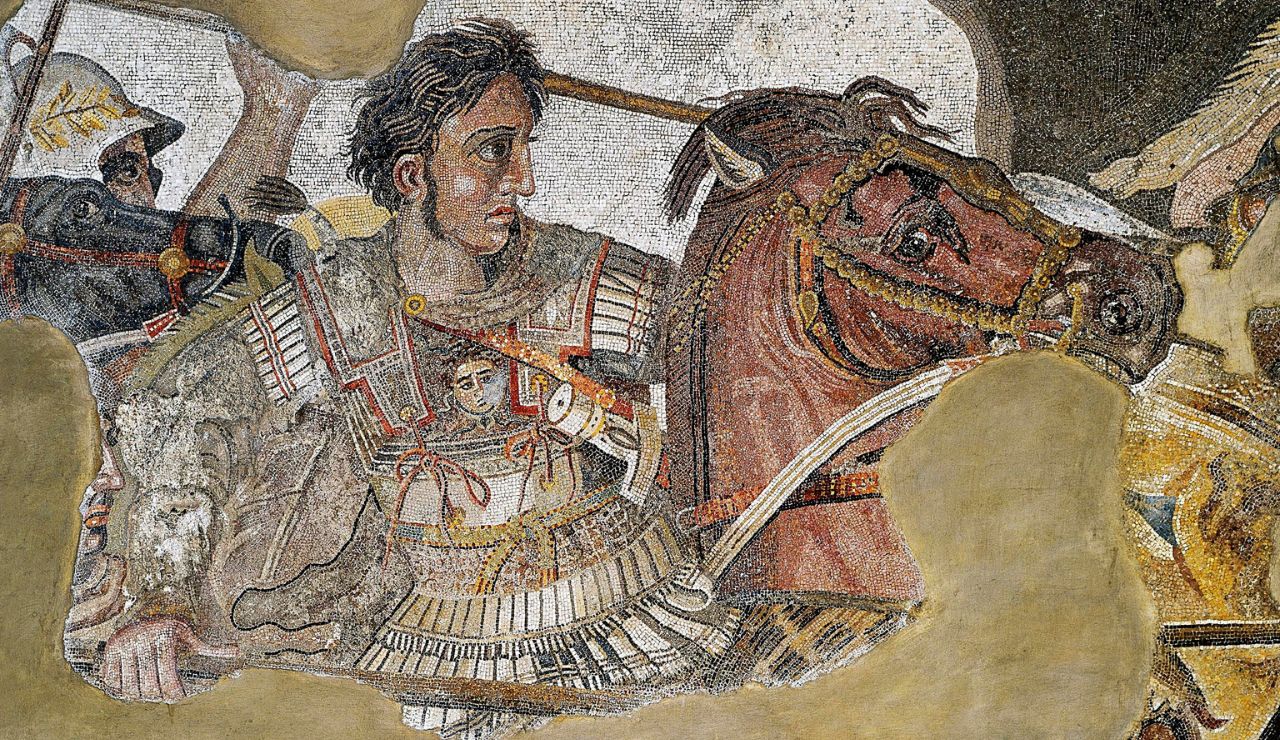
At sixteen, Alexander ruled Macedonia in his father’s absence and faced a rebellion. Rather than wait for reinforcements, he led troops into battle, crushed opposition, and founded a city to secure the region. This early command displayed his tactical brilliance and political foresight, qualities that later enabled him to conquer vast territories and leave a legacy unmatched by most leaders in history.
3. Malala Yousafzai Defied Extremists For Education

At fifteen, Malala Yousafzai spoke publicly against militant bans on girls’ schooling in Pakistan’s Swat Valley. Her advocacy made her a target, and after surviving an assassination attempt, she addressed the United Nations, urging global action for education rights. Winning the Nobel Peace Prize at seventeen, she demonstrated how a teenager’s voice could influence policy and ignite worldwide campaigns for equality.
4. Louis Braille Created His Reading System At Fifteen
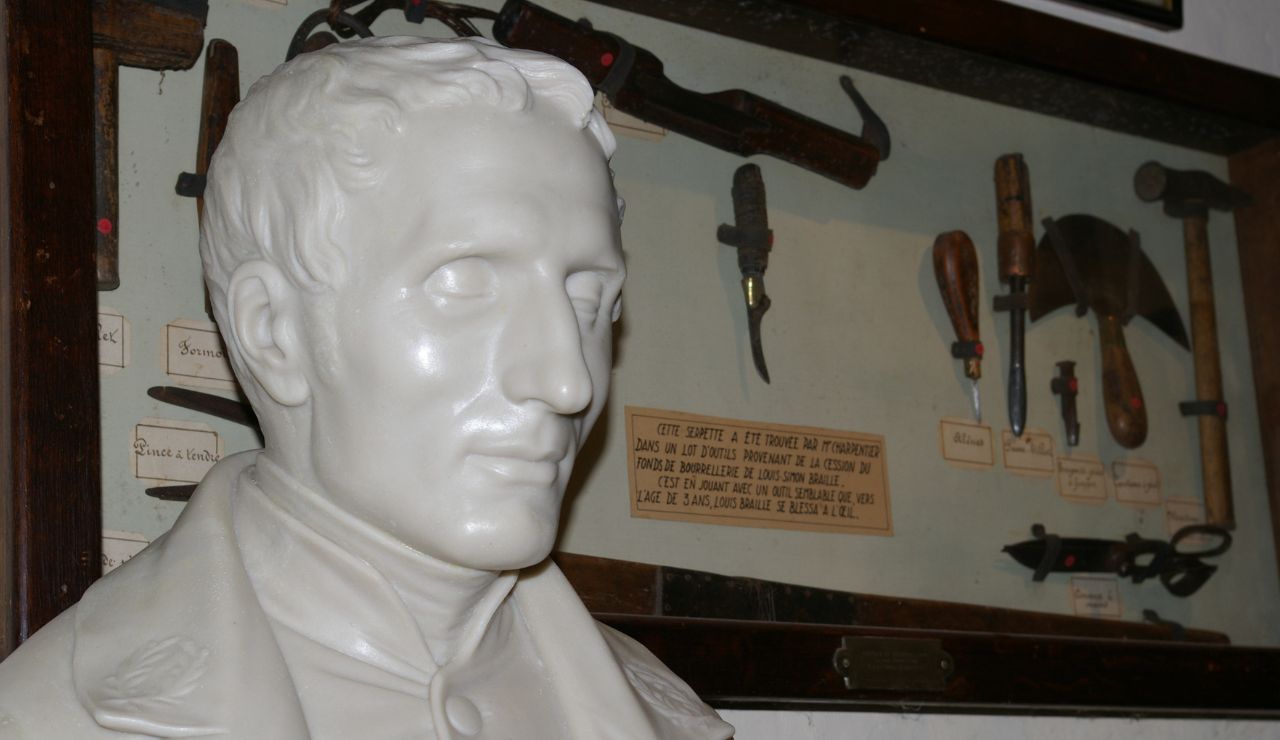
Louis Braille, blinded at three, developed a raised-dot system for reading and writing by age fifteen. His method allowed the visually impaired to read efficiently without assistance, revolutionizing education and communication. Though initially met with resistance, his system spread globally, opening doors for millions. His teenage innovation showed how practical problem-solving can create lasting social change.
5. Mary Shelley Began Writing Frankenstein At Eighteen
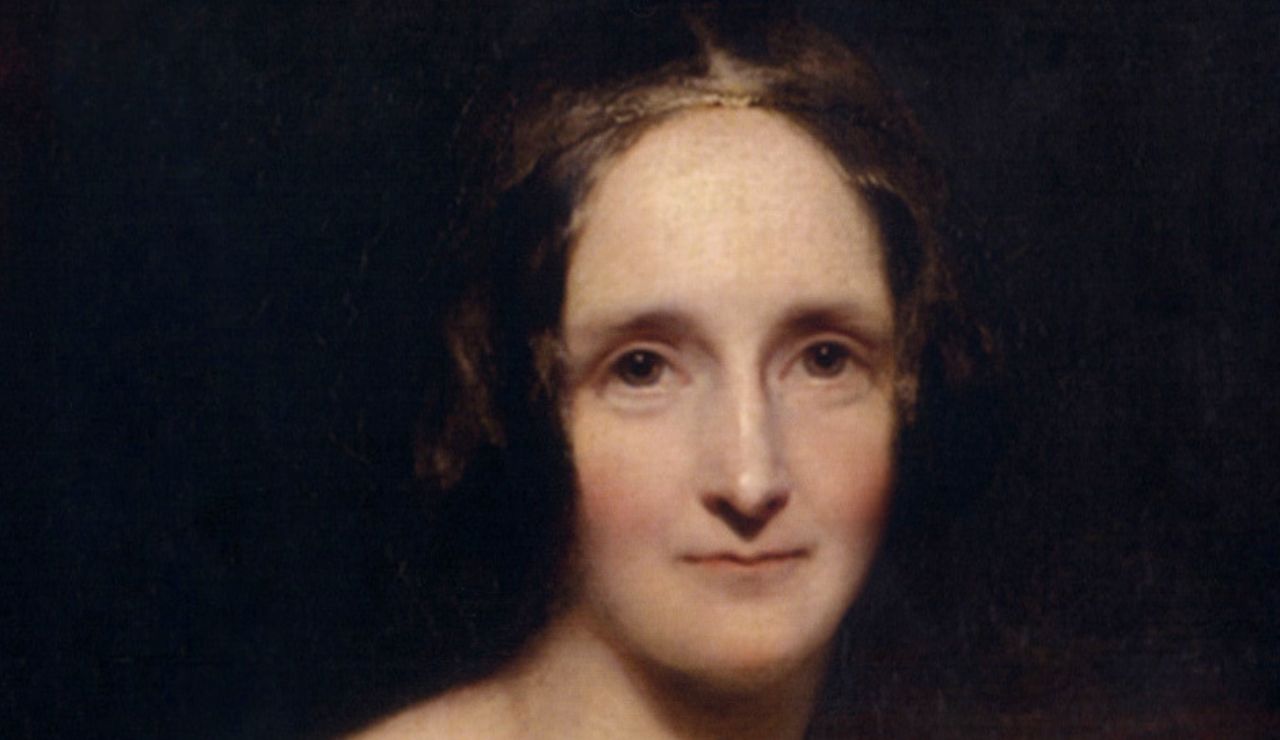
Eighteen-year-old Mary Shelley began crafting Frankenstein while in Switzerland, drawing on scientific debates and Gothic traditions. Completing it before twenty, she created a work that explored ambition, morality, and human limits. The novel’s impact spanned literature, theater, and film, proving that youthful imagination and intellectual daring could produce works with influence lasting for centuries.
6. King Tutankhamun Ruled Egypt At Nine
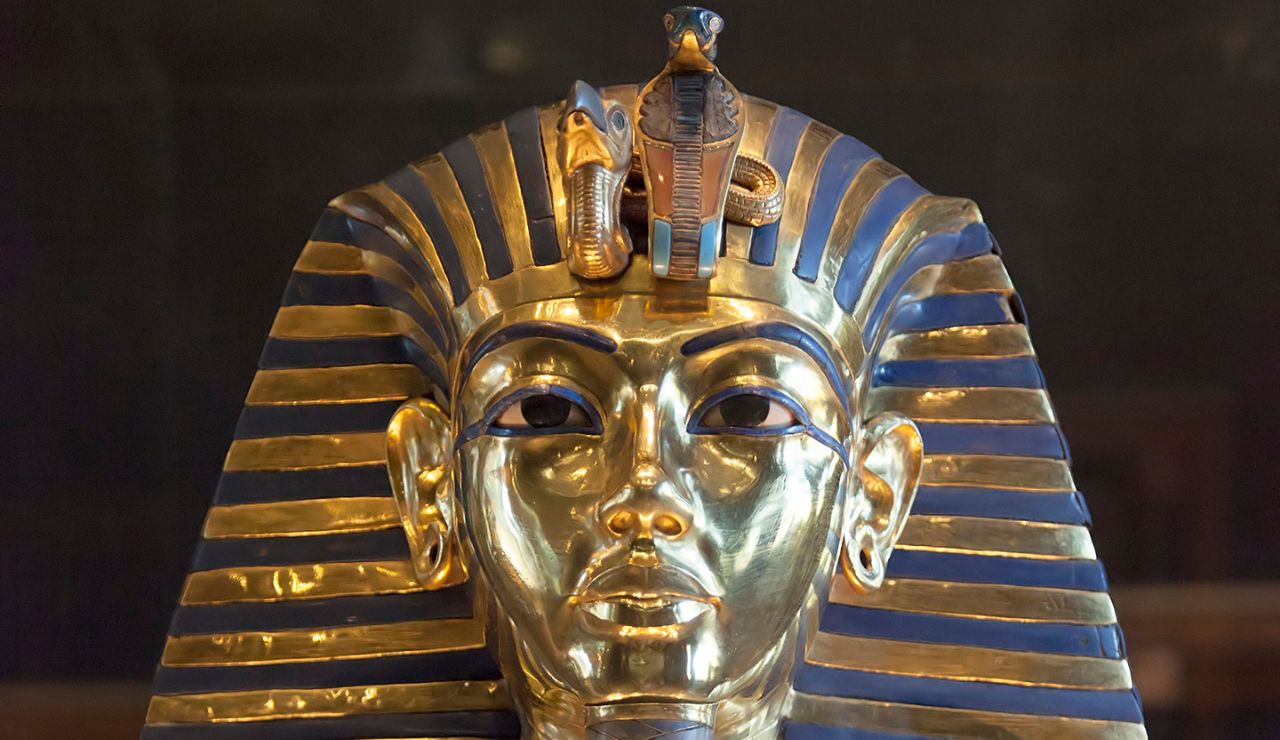
Tutankhamun ascended the throne at nine, inheriting a kingdom in religious and political turmoil. Guided by advisors but making key decisions, he reinstated traditional worship and stabilized Egypt’s governance. His reign was brief, but the treasures and inscriptions found in his tomb centuries later revealed the enduring cultural significance of his rule, even from such a young leader.
7. Ignatius Sancho Raised His Voice As A Teen
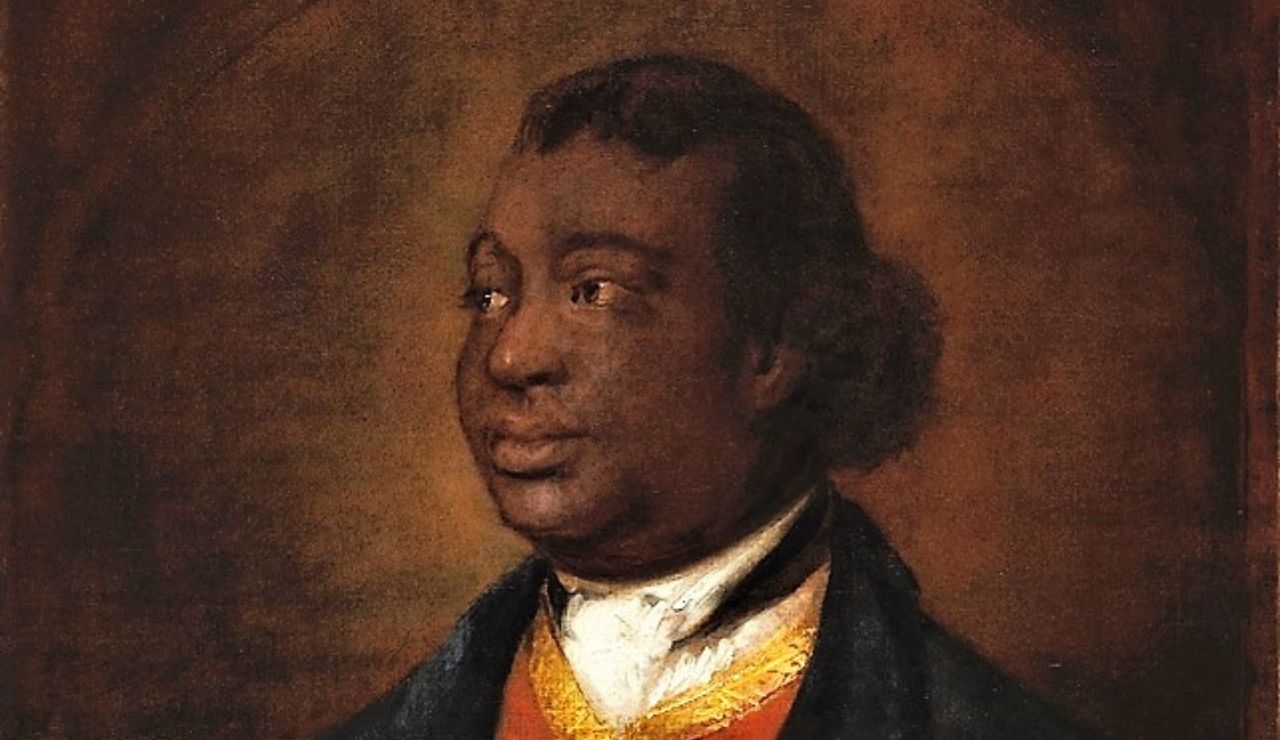
By his late teens, freed from slavery, Ignatius Sancho was engaging in correspondence with writers and politicians in Britain. His letters addressed art, politics, and the abolition of slavery, earning him recognition as a respected intellectual. His ability to participate in national conversations at such a young age showed how emerging voices could challenge injustice and promote cultural progress.
8. Blaise Pascal Published Scientific Work At Sixteen
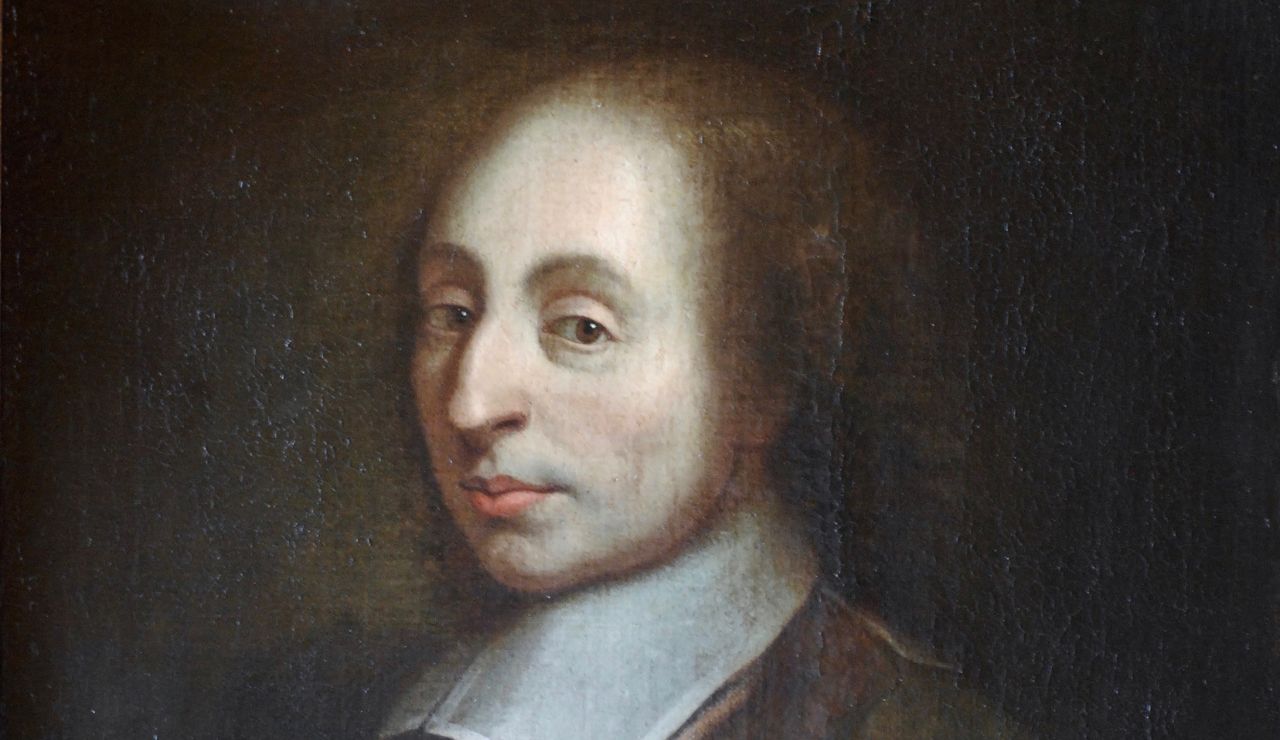
At sixteen, Blaise Pascal wrote a paper on projective geometry that impressed leading scientists of the French Academy. His work contributed to mathematics and laid groundwork for advances in physics and philosophy. Pascal’s teenage achievements demonstrated how intellectual discipline and curiosity could lead to discoveries that remain relevant to scientific thought centuries later.
9. Jeanne Baret Explored The World At Seventeen
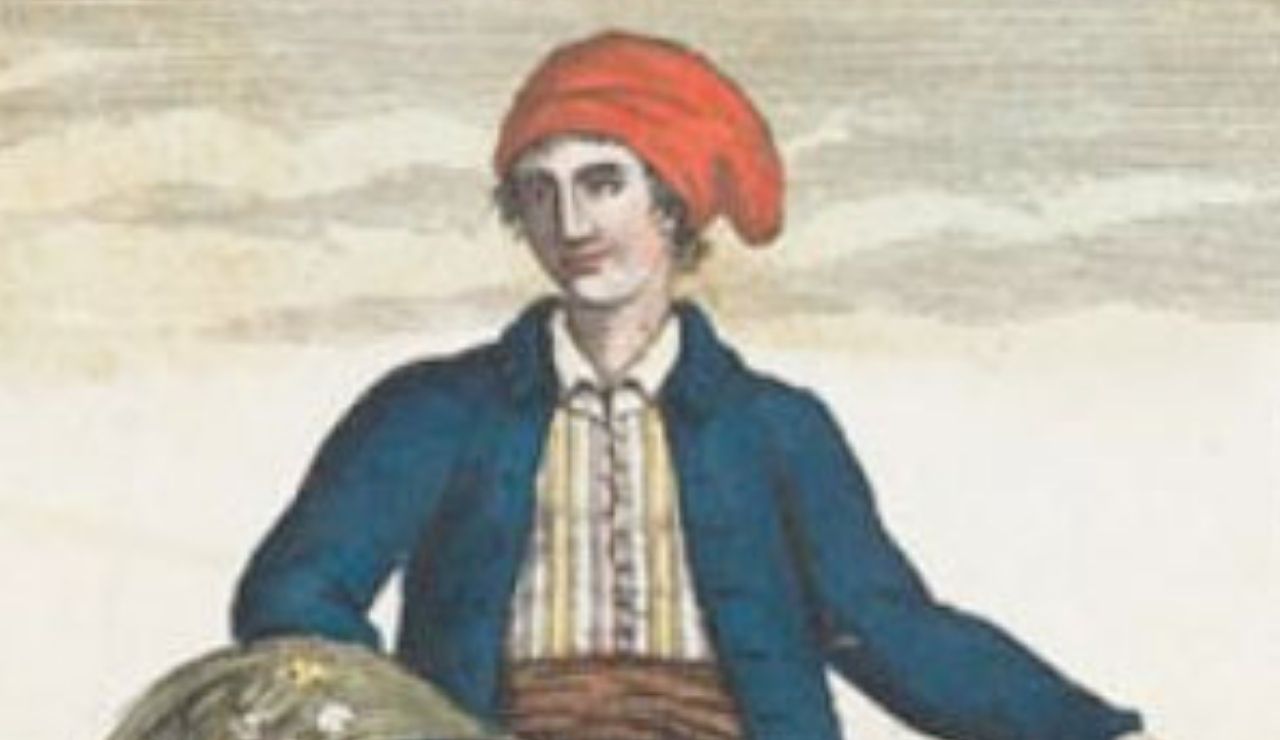
At seventeen, Jeanne Baret disguised herself as a man to join a French expedition, becoming the first woman to circumnavigate the globe. Collecting plant specimens for study, she contributed significantly to botanical science. Her determination to break social barriers while traveling the world proved that exploration was not limited by convention, gender, or age.
10. Genghis Khan Began Uniting Tribes In Youth
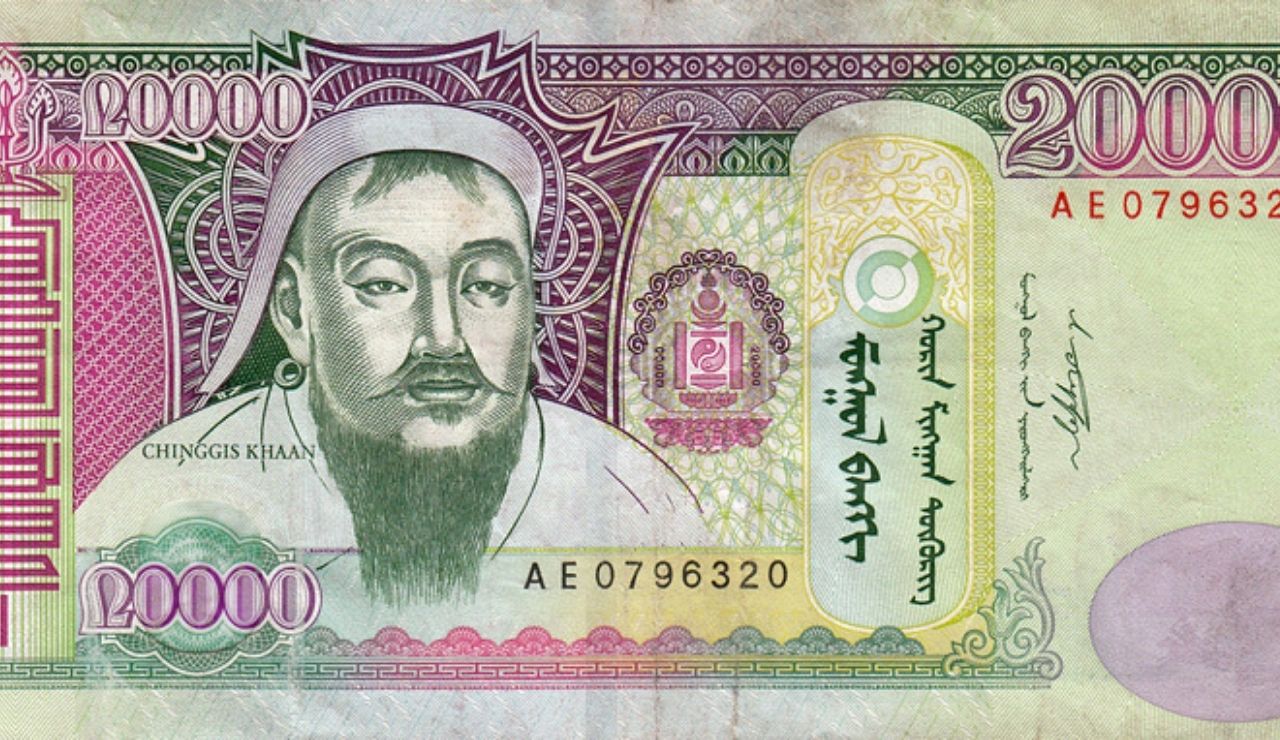
As a teenager, Temüjin began forging alliances and defeating rivals to unite the Mongol tribes. Through loyalty-building and disciplined strategy, he created a power base that expanded rapidly in the years ahead. His early leadership not only consolidated fragmented clans but also set the foundation for one of the most extensive empires in recorded history.
